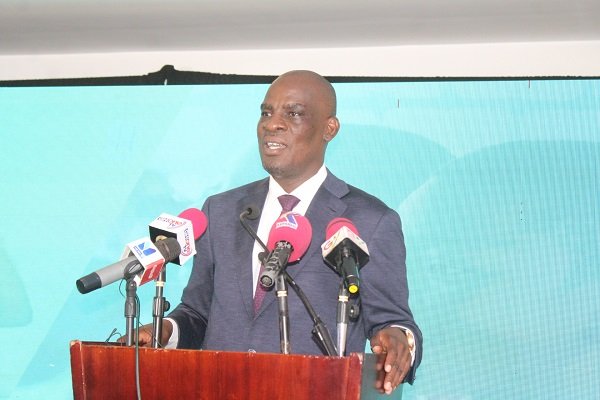Put human skills, values at the heart of education – Report

GHANA must place human skills, knowledge, and values at the centre of its education system to prepare the next generation for the Artificial Intelligence (AI) era, a new report by Cambridge University Press and Assessment has recommended.
The report, titled “Humans at the Heart of Education,” and copied to The Ghanaian Times yesterday, emphasised that while it was essential for the country’s education system to prepare young people for new technologies, that should not only focus on teaching digital skills, which could easily become obsolete as technology evolves.
According to the report, the greatest opportunities for education lied not in technology alone but in what humans and technology could achieve together. It urged Ghana and other countries to adopt an education approach that developed the “whole person.”
The report stressed that if AI could replace human roles, then “we are not teaching the right things.” It said education must go beyond traditional test scores to develop knowledge, skills, and values that promote economic growth, global participation, and thriving societies.
It advised policymakers to work closely with people across the education system — teachers, learners, families, employers, and communities — to design solutions that addressed real challenges.
Teachers, the report said, should be equipped to act as agents of change, with technology serving to empower them rather than replace them. “Technology should make teachers’ work easier and free up their time to focus on hard-to-teach human skills such as creativity and critical thinking,” it stated.
The report urged Ghana to ensure that its education remained relevant to children’s local contexts, as evidence showed that learners perform best when education reflects their culture, traditions, and national aspirations. It observed that Ghana’s new senior high school curriculum, which seeks to instil Ghanaian values, culture, and morals, was a step in the right direction.
The report said given the dominance of English in AI systems, it was crucial for Ghana to promote education that resonated with local languages and contexts. It cautioned that nations using technology as a substitute for teachers risked creating a two-tier system, where some children benefited from teacher-guided learning while others relied solely on digital platforms.
The report urged Ghana to use technology to reduce teachers’ workloads, enhance professional development, personalise learning, and promote innovation in classrooms.
The report also called for teachers to be placed at the heart of education reforms, noting that as education becomes more focused on human connection and skills such as empathy, collaboration, and critical thinking, teachers’ roles become even more vital.
It recommended that Ghana’s curricula should teach digital skills, including AI, big data, cybersecurity, and technology literacy, which are among the fastest-growing skills globally. However, it said the goal should be lifelong digital competence, helping learners use technology wisely.
While addressing teacher shortages remained important, the report noted that improving teaching quality was equally essential.
Commenting on the report, Ms Jane Mann, Managing Director, Partnerships for Education at Cambridge, said AI was transforming education faster than ever before.
BY KINGSLEY ASARE
🔗 Follow Ghanaian Times WhatsApp Channel today. https://whatsapp.com/channel/0029VbAjG7g3gvWajUAEX12Q
🌍 Trusted News. Real Stories. Anytime, Anywhere.
✅ Join our WhatsApp Channel now! https://whatsapp.com/channel/0029VbAjG7g3gvWajUAEX12Q






